 History
History  History
History  Weird Stuff
Weird Stuff 10 Crazy Things Resulting from Hidden Contract Provisions
 Facts
Facts 10 Unusual Facts About Calories
 Weird Stuff
Weird Stuff 10 Days of Humiliation When the Person Should Have Stayed in Bed
 Humans
Humans 10 Surprising Ways Game Theory Rules Your Daily Life
 Food
Food 10 Popular (and Weird) Ancient Foods
 Animals
Animals Ten Bizarre Creatures from Beneath the Waves
 Technology
Technology 10 Unexpected Things Scientists Made Using DNA
 Space
Space 10 Surprising Things Found or Left on the Moon
 Humans
Humans 10 Unique Ancient Peoples Whose Cultural Footprints Still Shape the World
 History
History 10 Common Misconceptions About the Renaissance
 Weird Stuff
Weird Stuff 10 Crazy Things Resulting from Hidden Contract Provisions
 Facts
Facts 10 Unusual Facts About Calories
Who's Behind Listverse?

Jamie Frater
Head Editor
Jamie founded Listverse due to an insatiable desire to share fascinating, obscure, and bizarre facts. He has been a guest speaker on numerous national radio and television stations and is a five time published author.
More About Us Weird Stuff
Weird Stuff 10 Days of Humiliation When the Person Should Have Stayed in Bed
 Humans
Humans 10 Surprising Ways Game Theory Rules Your Daily Life
 Food
Food 10 Popular (and Weird) Ancient Foods
 Animals
Animals Ten Bizarre Creatures from Beneath the Waves
 Technology
Technology 10 Unexpected Things Scientists Made Using DNA
 Space
Space 10 Surprising Things Found or Left on the Moon
 Humans
Humans 10 Unique Ancient Peoples Whose Cultural Footprints Still Shape the World
History
Random List
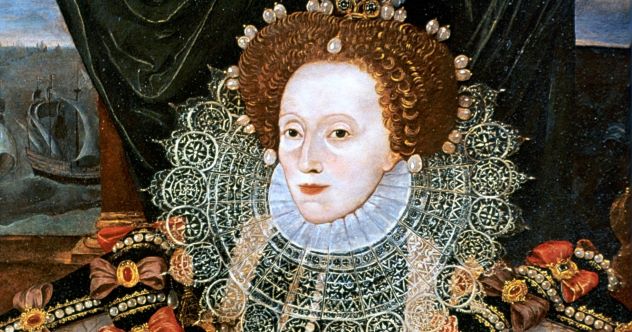 History
History 10 Common Misconceptions About the Renaissance
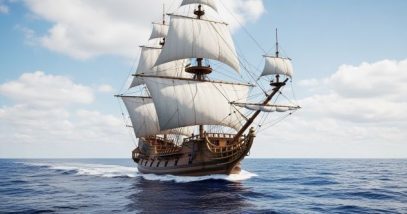 History
History 10 Facts About the Forgotten First Man to Sail Around the World
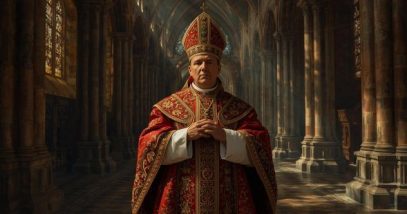 History
History 10 Strange Facts About Popes Throughout History
 History
History The Fascinating Stories of 10 Famous Food Faces
 History
History 10 Historical Discoveries We Weren’t Expecting in 2025
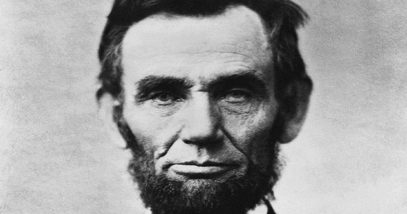 History
History 10 Hilarious Historical Moments of Insults and Trash Talking
 History
History 10 Hitchhiking Pick-Ups That Genuinely Changed History
 History
History 10 Total Accidents That Changed the Course of History
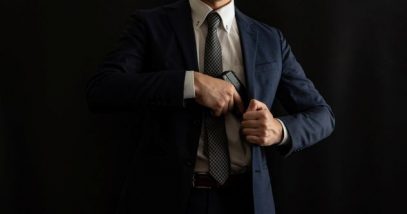 History
History Top 10 Historical Assassins Who Failed Spectacularly
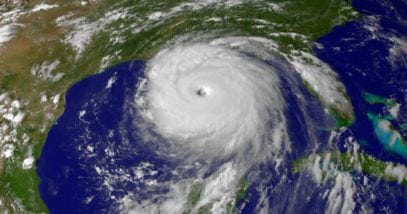 History
History Ten Totally Forgotten Deadly American Disasters
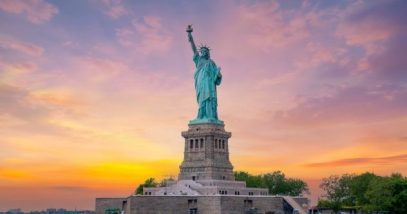 History
History 10 Momentous Events That Also Occurred on July 4th
Editor’s Picks
 Movies and TV
Movies and TV 10 Psychiatric Diagnoses Of Horror Villains And Their Victims
 Movies and TV
Movies and TV 10 Greatest Movie MacGuffins Of All Time
 Movies and TV
Movies and TV 10 Iconic Movie And TV Restaurants That Are Actually Real
 Movies and TV
Movies and TV